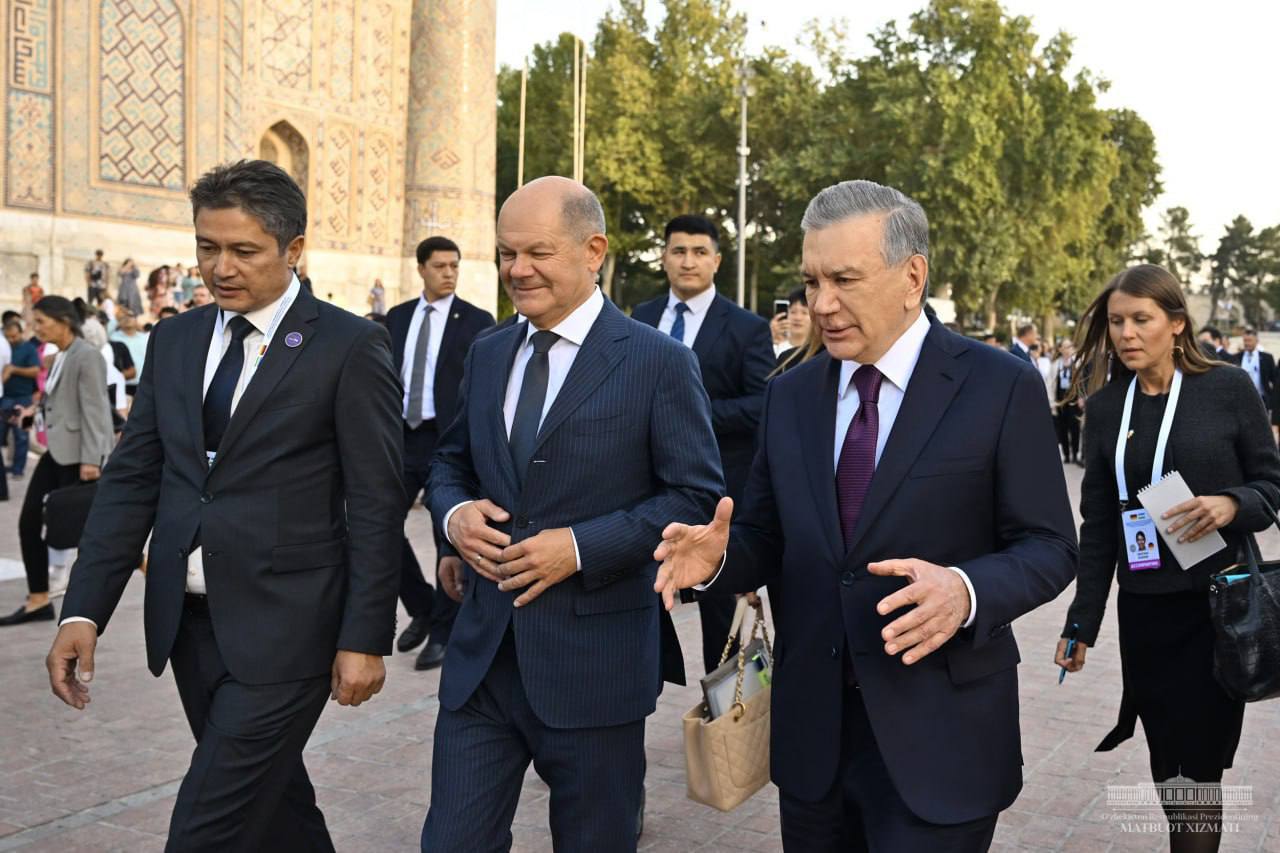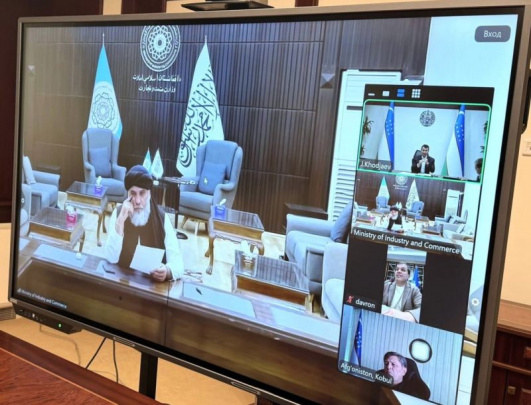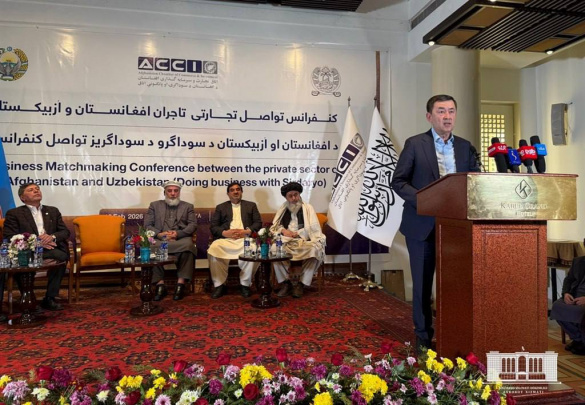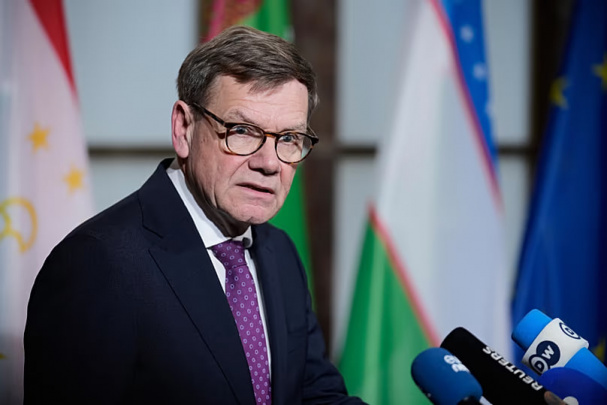"Uzbekistan is an important partner for us" — Olaf Scholz
Uzbekistan is a very important partner for Germany, said German Chancellor Olaf Scholz. He specifically highlighted the migration agreement signed between the two countries and listed the topics discussed with Shavkat Mirziyoyev during their talks.

Photo: Presidential press service
On September 15, German Chancellor Olaf Scholz spoke at a press conference following negotiations with President Shavkat Mirziyoyev in Samarkand. According to the German government’s press service, Scholz emphasized that Uzbekistan is a "very important partner for Germany, including for the near future." He remarked that he had the opportunity to discuss further development of relations between Germany, Uzbekistan, and the entire Central Asian region in the historic city of Samarkand, located on the traditional Silk Road.
"That’s why it was important for us to discuss the further development of our bilateral relations, including economic relations, where there are many questions about how German companies and Uzbekistan’s development interests align," Scholz said.
The chancellor paid special attention to the intergovernmental agreement on comprehensive cooperation in the fields of migration and mobility, which had been signed.
The new agreement, which was prepared over several months, is expected to simplify legal migration for citizens of Uzbekistan to Germany. At the same time, Tashkent will be required to accept back individuals who are in Germany without legal grounds.
"This agreement fits the framework of what we are negotiating with many other countries around the world right now. We are ensuring the necessary immigration of skilled workers that Germany’s economy needs to grow. At the same time, we are agreeing on simple, non-bureaucratic rules so that those who need to return do so. This is absolutely the right way to handle this big task, and this is just a small part of the larger structure we are building," Scholz explained.
Scholz also said that he discussed Afghanistan, Russia's aggressive war against Ukraine, Uzbekistan's development, and the "continued need for democratization" with Shavkat Mirziyoyev.
In June, Der Spiegel reported that the German government was conducting secret negotiations with Uzbekistan to return Afghan nationals who do not have the right to asylum in Germany, without directly negotiating with the Taliban.
According to the publication, at the end of May, a German delegation, under the instruction of the Interior Minister Faeser, visited Tashkent to discuss the plan with the Uzbek government.
"The Germans proposed a specific plan to the Uzbek government," the report said. "According to the plan, Germany could deliver Afghan candidates to Tashkent on charter flights. From there, Afghan citizens would be flown to Kabul on KamAir private airline planes. This route would guarantee that Berlin does not negotiate directly with the 'Taliban' government, but could still deport Afghans who are to be deported."
When asked whether the deportation of Afghans through Uzbekistan would be simplified, the chancellor said that "secret negotiations are being conducted on cooperation in many areas."
Scholz also emphasized that the parties discussed how to prevent Russia from circumventing sanctions.
"We are discussing sanctions and the impossibility of bypassing them with many governments in various countries. For us, this is a principle, and we will keep revisiting it to ensure that the goal we are pursuing with these sanctions is achieved through good practice. In this sense, this is a task we will be engaged in for a long time. I am confident of that," he said.
Additionally, the German chancellor was asked what Uzbekistan and Kazakhstan, which Russia and China consider part of their "sphere of direct influence," could achieve through cooperation with Germany.
"When it comes to cooperation with Central Asian countries, we need to emphasize that we will continue to support these countries and develop political and economic cooperation. This is a good signal for them because it will make it easier for them to work on their independence and sovereignty in the region. This is only possible when good partners are available. Germany is important to them," Scholz said.
It’s worth noting that on Sunday, Shavkat Mirziyoyev received the German Chancellor in Samarkand, where an official welcoming ceremony was held for the German government leader.
The two sides held talks in both narrow and expanded formats, during which a migration agreement was signed. Additionally, a joint school for management training is being launched. Shavkat Mirziyoyev proposed resuming direct flights with Lufthansa.
At the end of the meeting, about 10 bilateral documents were signed, including agreements on cooperation in migration, key minerals, transportation, climate change, and other areas.
Related News

17:49 / 24.02.2026
Uzbekistan, Afghanistan move to fast-track preferential trade deal

11:34 / 23.02.2026
Migration Agency to refund payments for citizens not placed in jobs abroad

17:49 / 18.02.2026
Syrdarya region secures $300 million in trade deals during Afghanistan visit

12:11 / 13.02.2026




